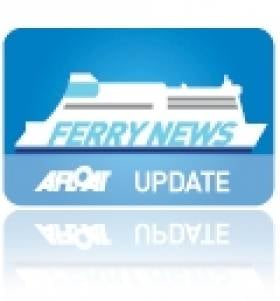Displaying items by tag: Irish Sea ferry business
Rising Costs Scuttle ICG's Ferry Profits
#FERRY NEWS – The Irish Continental Group (ICG) operators of ferry division Irish Ferries, said today its pre-tax profit for last year fell by 30 per cent to €28.2 million on the back of higher fuel costs, reports The Irish Times.
Despite the tough trading conditions, the group said it revenue for 2011 rose by 4.2 per cent to €273.3 million. Irish Ferries saw its passenger numbers for the year fall marginally by 0.7 per cent to 1,527 million, while its roll-on roll-off freight rose up by 9 per cent.
The company said the extremely challenging economic circumstances in the Republic contributed to the lack of growth in the market, and the pressure on operating costs for our freight customers remained intense.
Chairman John B McGuckian predicted the current year would remain challenging as fuel costs have further increased but with the group's "disciplined approach to capacity" he said he was confident of its prospects.
In the year to date, the ferry operator has carried 31,100 cars, down 8.5 per cent on 2011 and 138,600 passengers, up 0.8 per cent on 2011.
The reduction in car carryings partially reflects an 11 per cent reduction in sailings in the year to date but also a quieter than expected start to the year, it said.




























































